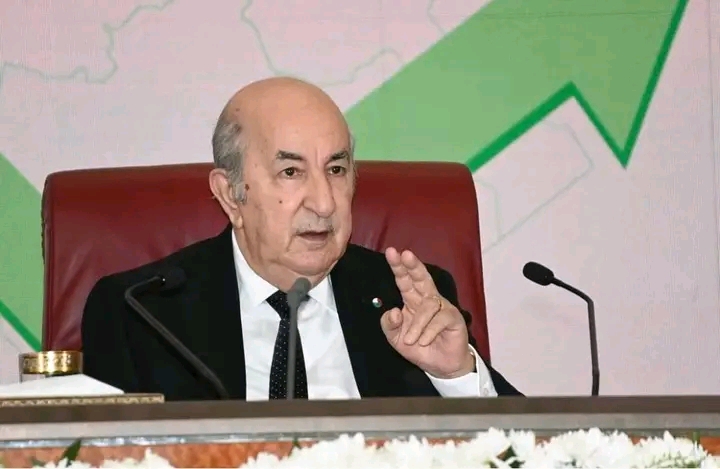By Ollus Ndomu
Algeria’s President Abdelmadjid Tebboune has been declared the winner of Saturday’s presidential election, securing a landslide victory with 94.7% of the vote. This result allows Tebboune to avoid a second-round runoff, extending his tenure without the need for further campaigning.
However, the election was marked by a notably low voter turnout of 48%, raising concerns about the electorate’s engagement in the political process.
Tebboune, who enjoys strong support from the military, faced minimal opposition, with rival candidates Abdelaali Hassani Cherif and Youcef Aouchiche both seen as establishment figures.
Hassani Cherif received 2.2% of the vote, while Aouchiche garnered a smaller share. Following the announcement, Hassani Cherif’s campaign raised serious concerns about the legitimacy of the electoral process, alleging widespread irregularities.
Hassani Cherif’s campaign has accused local officials of inflating results under pressure and cited reports of mishandling of vote-sorting records.
Also, claims of proxy voting have surfaced, calling into question the transparency of the election. In a statement, the rival candidate’s campaign team said that records were not delivered properly and that these irregularities undermine the credibility of the election.
Despite these allegations, Tebboune’s administration has not yet commented on the accusations, and it remains unclear whether any legal challenges will be pursued. The election outcome solidifies Tebboune’s position, but the low voter turnout and allegations of fraud suggest potential discontent among the Algerian population.
As Tebboune prepares for his next term, questions about democratic processes and the legitimacy of his mandate are likely to persist. The international community has yet to respond to the claims of irregularities.


